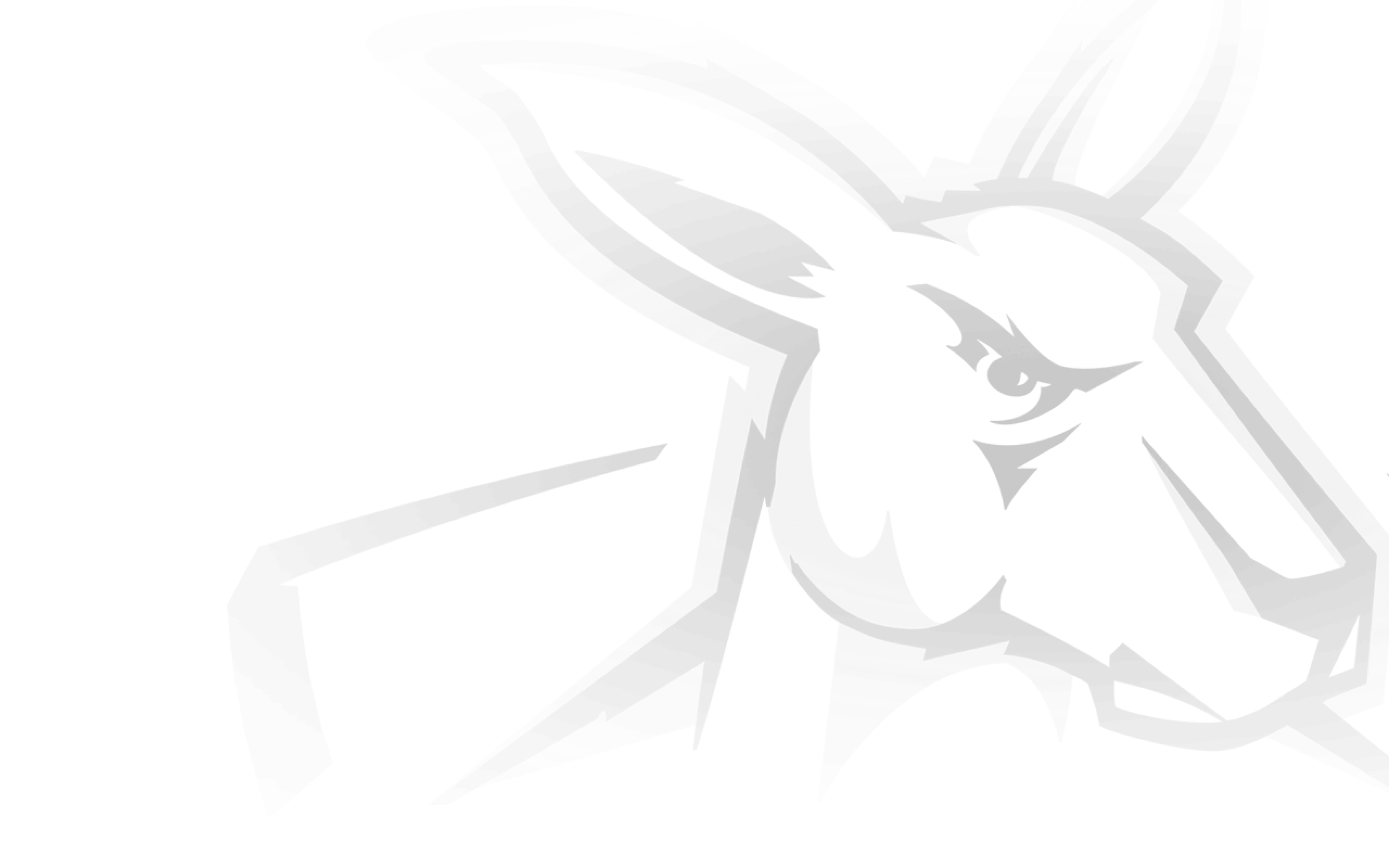Throughout the last month, North Media has unveiled the list of the club's top 150 players of all time.
On Saturday night at the 150 Year Anniversary Dinner, the top 10, as voted by a panel of experts, will be unvelied.
The following provides background into the selection process.
A panel of experts, along with players and administrators past and present, were enlisted to undertake this extraordinarily challenging exercise.
More than 1000 players have represented North since its inception in 1869 throughout the VFA, VFL and AFL competitions.
Of these players, four have won a Brownlow medal (Keith Greig x 2), two a Norm Smith, one a Rising Star, three have won the Coleman medal, one was the leading goal-kicker in the VFL, in excess of 50 have been All-Australians (or equivalent), 19 are in the AFL Hall of Fame with two honoured as ‘Legends’ (albeit not entirely for their sole contributions to North), one has played more than 400 games and five more than 300 games.
It’s important to understand the criteria outlined below, takes into account only on-field achievements and does not consider off-field work, contributions, awards or accolades. Similarly, incidents, behavioural issues and legal matters do not detract from a player’s worthiness with regard to rank and ultimate list position.
Issues
1. A major issue selecting players across several generations is access to records, statistics and witness accounts. Changes to the significance of certain accolades and awards, and their introduction, is also difficult to benchmark, as is the introduction of a genuinely national competition in 1987.
The AFL in essence is significantly stronger than the VFA or VFL.
It wasn’t too long ago (c1990s) players still maintained occupations outside of football with far less resources dedicated to fitness, medical and general welfare.
Further back, football was merely a recreational pursuit, and came second to work. Players endured world wars, Vietnam, the Great Depression and many other challenges that would have tested their commitment to the game and ultimately, availability.
So with things such as general capabilities, fitness levels, amount of training, game rules, body types and heights, it’s impossible to compare players like-for-like – especially one from 100 years ago, to one that plays today.
2. The first All Australian team was selected following the 1953 Carnival and this tradition continued at all subsequent interstate carnivals until 1988.
In 1991, following the VFL's conversion to the AFL, an All-Australian team based on performances during the season was introduced.
It wasn’t until 1977 that State of Origin football was introduced.
Those that played in the eras preceding the 1950 were disadvantaged by not having such an accolade available, and without national recognition.
More recently, 1999 was the last State Representative game ever played with the AFL ending the tradition. Players in the modern era have therefore been disadvantaged by this.
3. While a points-system weighting was applied to finals, the panel had to be careful not to overly reward the good fortune of playing at a club during a dominant period. Best players in big games did however, carry a premium.
4. The duration of a regular season was considered with home and away fixtures increasing by 3-4 games. A player who plays for ten years between 1915-1924 had 157 games versus a player of today who would tally 220 games over the same period.
Selection criteria
- Players must have played 50 games or more in the VFL/AFL era. No games limit was applied in the VFA era.
- The three primary attributes for selection are on field achievements, longevity and sustained excellence
There are three selection methodologies:
- A points system. Particular achievements, accolades and awards attract a certain amount of points and weighting.
- Eyewitness accounts. Past players, administrators and coaches were consulted across as many eras as possible.
- Third-party commentary. All forms of media.
North Media will live-stream Saturday night's event via its website and app. The stream will commence at 7.30pm.


